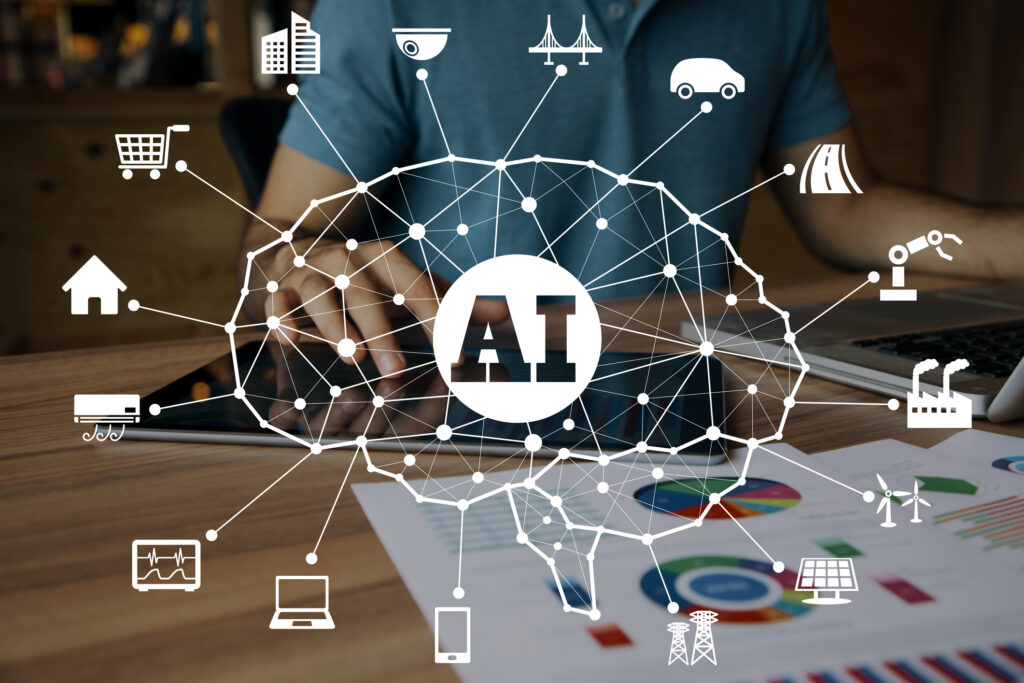A previous blog post introduced RankBrain, Google’s machine learning artificial intelligence (AI) system that processes search results. Where does RankBrain fit in the larger universe of artificial intelligence? To answer this question, we need a few definitions first:
Artificial intelligence either refers to computers that can complete human tasks by being taught (programmed) to perform tasks or by building on what it already knows (machine learning). In short, machine learning is a subset of artificial intelligence.
RankBrain is an example of this type of AI.
Machine learning and AI are not new. In fact, rudimentary AI first appeared in the 1950s. But being at the point where computers can teach themselves based on what they have already done (prediction analysis) is new and represents a great opportunity for web marketers. This development in AI has led to significant growth in data collecting and storing efforts that support AI.
How Does AI and Machine Learning Affect SEO?
While machine learning represents a giant step forward in many ways, search engine marketers will need to be aware of how these developments will affect their work. For example:
- Keywords: SEO marketers will probably spend less time on keywords. The focus is increasingly on providing users with a high-quality user experience with the right content.
- Pay per click (PPC): The future of PPC is now linked to machine learning with smart features from Google that maximize improve conversions. To take advantage of these features, marketers will want to understand the metrics most important to the specific type of business, understand the drivers that will affect strategic decisions, and identify the obstacles that will improve your ability to meet business goals.
- Content marketing: Content targeted at your website users and visitors is increasingly important. Random content with keywords stuffed in is no longer appropriate and can hurt your search engine results. You want content that is valuable to your visitors rather than content that only seeks higher rankings in SERPs.
- Link building: Link building is still important. However, just buying links no longer works. Instead, savvy web marketers look for content and social signals that recognize their brand and try to link from there.
Benefits of Machine Learning
Although the advent of machine learning means that web marketers need to be alert to how the landscape has changed, the benefits of these changes are significant and worth the effort. For example:
- Unlimited data: Because so much data is available, web marketers can draw upon a wide variety of sources to help them understand their customers, their site visitors and their behaviors, and other factors that can help you determine the types of content, calls to action and design that will help your site perform.
- Customer segmentation: Machine learning can help you determine patterns in consumer behavior and sub-segments of your market that are hard to see. This will allow you to predict future behavior and develop targeted content for each type of visitor.
- Lifetime customer value (LCV): Machine learning allows you to calculate quickly your customers’ lifetime value and optimize any future connections with them to best advantage.
The demand for data that can drive marketing decision-making can only increase. The growth will generate the development of more tools for interpreting the data. However, it will also require you to be sure that you have a responsive website, that you optimize for local search, and that your keywords reflect natural language. Although this will take work, the benefits will be significant.
Contact Us for Help With AI and Machine Learning
It’s a changing world out there in search-engine land. Get help staying on top of the developments related to machine learning and AI. Contact our internet marketing specialists to learn what we can do.

